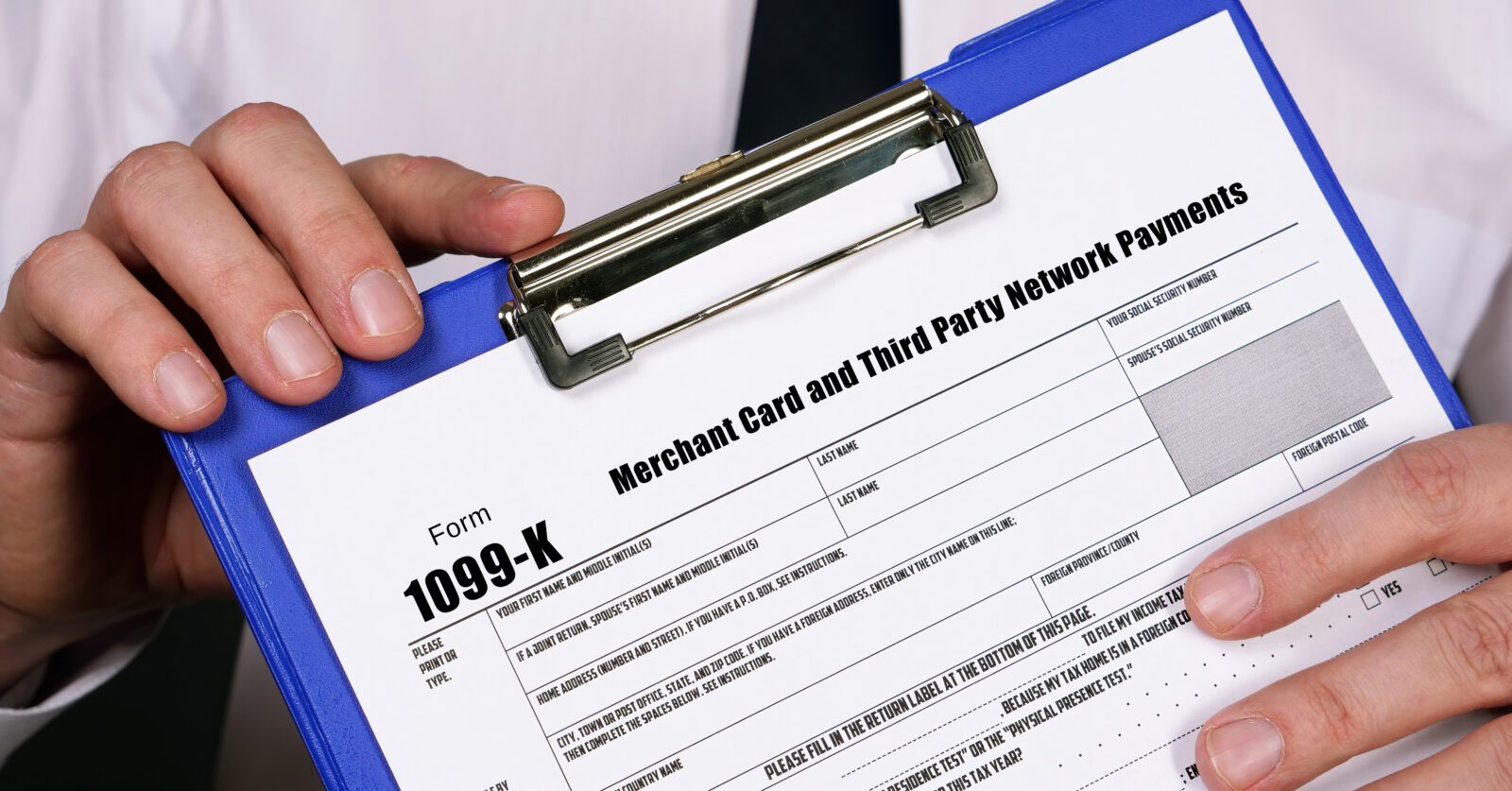In today’s fast-paced world, monitoring your mileage is essential for numerous individuals, businesses, and even casual drivers. Whether you’re a freelancer, handle vehicle management, or simply want to stay organized, a mileage tracker can be incredibly useful. Let’s delve into the key advantages of using a mileage tracker and why it’s a tool worth having.
1. Error-Free Mileage Records
One of the most compelling reasons to use a MileageWise is its capacity for precise record-keeping. Logging trips manually can be prone to errors, whether it’s missing a journey or recording incorrect distances. Mileage trackers streamline the task, ensuring precision and reliability. This is particularly beneficial for filing taxes, as the IRS and other revenue authorities often expect meticulous documentation to substantiate tax deductions.
2. Enhanced Tax Benefits
For self-employed individuals and businesses, mileage is a significant tax-deductible expense. A mileage tracker ensures all eligible trips are documented, ensuring you claim every eligible mile. By providing detailed logs, these tools can help you save money during tax season and avoid potential audits.
3. Time Savings
Manually logging miles is time-consuming. A mileage tracker simplifies the process by using GPS to log drives. Many apps can distinguish between personal and business trips, allowing users to focus on their work rather than paperwork. The time saved can be redirected to more productive tasks, boosting overall efficiency.
4. Streamlined Budgeting
MileageWise often offer capabilities that work alongside financial platforms, helping you control spending. By offering insights into travel costs, fuel usage, and trip frequency, these tools enable better budgeting. For organizations, this can lead to cost reductions and improved resource allocation.

5. Improved Accountability for Businesses
For companies with multiple drivers, a mileage tracker boosts trust. Supervisors can monitor driver routes, maintain policy compliance, and spot inefficiencies. This transparency helps minimize unauthorized trips and ensures accurate compensation.
6. Eco-Friendly Practices
By reviewing mileage data, mileage trackers can show areas for route optimization, saving fuel costs and minimizing environmental impact. Businesses can use these insights to adopt more sustainable practices and promote their green policies.
7. User-Friendly Features
Modern mileage trackers are created for ease of use. Features like automatic trip detection, cloud storage, and detailed reporting simplify operations for individuals and businesses alike. Many apps also offer mobile and desktop compatibility, providing flexibility.
Conclusion
Using a mileage tracker is a practical decision for anyone looking to streamline their travel-related tasks, reduce tax burdens, and simplify life. With accurate records, time savings, and better expense tracking, these tools provide a comprehensive solution for managing mileage effectively. Whether you’re a freelancer, a small business owner, or part of a large organization, a mileage tracker can be an indispensable resource in achieving your goals.